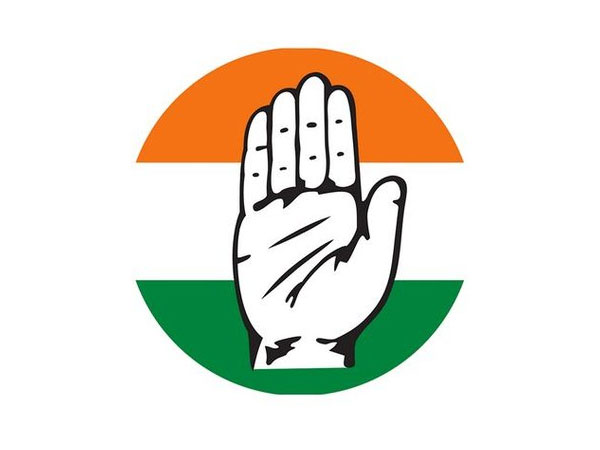Natal Indian Congress founded by Gandhi was never disbanded: veterans

- Country:
- South Africa
The Natal Indian Congress, an organisation founded by Mahatma Gandhi to fight discrimination against Indians in South Africa, was never officially disbanded after it agreed to support Nelson Mandela in the country's first democratic elections that saw the anti-apartheid leader become the President, veterans of the freedom struggle said on Saturday. The veterans of the freedom struggle were participating in the opening of an exhibition on the history of the Natal Indian Congress (NIC) held at the 1860 Heritage Museum in Durban.
The event was part of the continuing celebrations of the 150th birth anniversary of Gandhi, who led the fight against discrimination during his two-decade stay in South Africa. "One of the things that we talked about in conversation with Judge Thumba Pillay, a veteran who used existing apartheid laws to defend those that the apartheid-era minority white government incarcerated on Robben Island, was exactly when and why the NIC was disbanded," said Satish Dhupelia, public relations manager of the Centre, who is also a great-grandson of Gandhi.
"There was no official meeting at which the NIC was disbanded. In the early 1990s as the national opposition to apartheid grew, the NIC and its sister organization the Transvaal Indian Congress (TIC) in that former province had joined the nationwide protests by the United Democratic Front, which led to the release of Nelson Mandela after 27 years as a political prisoner," he said. The TIC was originally known as the Transvaal British Indian Association. It was started by Gandhi in 1903 when he was practicing law in Johannesburg.
"By 1993, both the NIC and the TIC had met Mandela and agreed that instead of participating separately, it would support the African National Congress (ANC) in the first democratic elections a year later that saw Mandela becoming President," Dhupelia said. Others at the inauguration of the exhibition concurred that while the original need for the NIC and TIC had ceased to exist after 1994, it was important that future generations remember the efforts of the local Indian community and India's support against apartheid to achieve democracy, something which Mandela also acknowledged repeatedly.
The exhibition features articles and posters from the erstwhile newspaper 'The Leader', started by Dhanee Bramdaw in 1940, and continued by the family until its demise in the 1980s. There are also contributions from private collections. It commemorates the arrival of the first Indian indentured laborers for sugar cane plantations from India in 1860.
There is a permanent exhibition on Gandhi, Mandela and former ANC leader and Nobel Peace Prize winner Albert Luthuli in one room of the Centre.
(This story has not been edited by Devdiscourse staff and is auto-generated from a syndicated feed.)
ALSO READ
Assam's first CM Gopinath Bardoloi was state's pride, his statue will inspire current and future generations: PM at rally in Guwahati.
Uttarakhand's Mushroom Village: A New Dawn for Agricultural Innovation
Trump's Ballroom Ambition: A Historic Clash at the White House
Preserving Arunachal Pradesh's Indigenous Heritage for Future Generations
Delhi's Clean Air Initiative: 10,000 Classrooms to Get Air Purifiers










